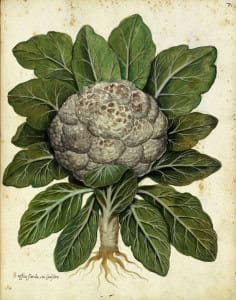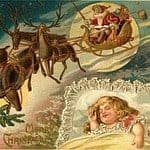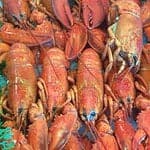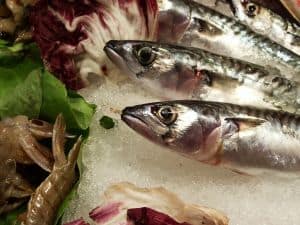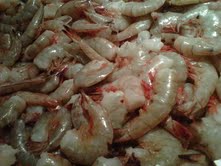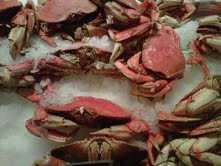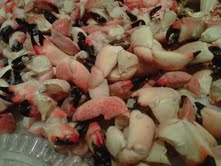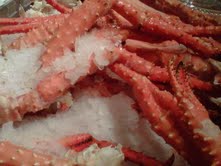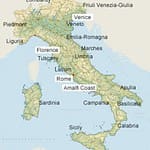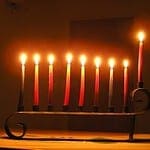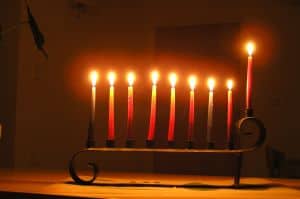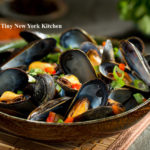Boxing Day
December 26th is Boxing Day, a national holiday, in Britain and Ireland which is spent with family and friends usually not seen on Christmas Day. Boxing Day is steeped in history and tradition. There are many theories as to why December 26th is called Boxing Day. A Christmas box in Britain is the name for a Christmas present. Boxing Day was a day off for the servants and is when they received a Christmas from their master. The servants would go home to give Christmas Boxes to their families. A box was used to collect money for the poor and was placed in churches on Christmas Day and then opened the next day. Great sailing ships, when setting sail, would have a sealed box containing money on board for good luck. If the voyage was successful then the box was given to a priest, opened on Christmas and the contents were given to the poor.
Today, Boxing Day has become synonymous with sports. Many top football teams play on Boxing Day. Horse racing is particularly popular with races taking place all over the country. Boxing Day is also a time when the British exhibit their true eccentricity by taking part in all sorts of silly activities such as swimming the English Channel, fun runs and charity events. Until 2004, Boxing Day fox hunts were a traditional part of Boxing Day. The ban on fox hunting has put an end to the hunt in its traditional sense. Fox hunters will still gather dressed in red hunting coats to the sound of the hunting horn, but it is now forbidden to chase the fox with dogs. The dogs now just follow artificially laid trails.
In Ireland, Boxing Day is known as, St. Stephen’s Day,” and it is famous for the “Wren Boys.” St Stephen was killed, purportedly by being stoned to death, for believing in Jesus. In Ireland the Wren Boys would go out, with blackened faces, and stone wrens to death and then carry the dead wren around town knocking on doors and asking for money. The killing of wrens has now stopped, but the Wren Boys still dress up and parade around the town collecting money for charity.
With guests often dropping by for a snack and a quick drink the food and drink on Boxing Day is more relaxed than on Christmas Day. Lunch will usually be a buffet or leftovers from Christmas. Baked ham is a popular Boxing Day meat and, of course, mince pies with brandy butter or a slice of Christmas cake are almost obligatory.
Feast of the Seven Fishes
Mangia! The Feast of the Seven Fishes is what Italians do when they say they are fasting on La Vigilia (Christmas Eve). The Feast of the Seven Fishes (festa dei sette pesci) , celebrated on Christmas Eve, is thought to have originated in Southern Italy and is not celebrated in all parts of Italy. The feast typically consists of seven different seafood dishes in celebrating the wait, Vigilia di Natale, for the midnight birth of the baby Jesus.
The long tradition of eating seafood on Christmas Eve dates from the Roman Catholic tradition of abstinence on Fridays and specific holy days. No meat or butter could be used on these days so observant Catholics would instead eat fish fried in oil.
The Feast of the Seven Fishes is a meal of fish and seafood, but there may be as many as eight or nine specific fishes that are considered traditional. Baccala΄, salted cod fish, is considered the most traditional in Southern Italy. Such a simple fish as baccala΄ is attributed to the impoverished regions of Sothern Italy. Other types of seafood have been incorporated into the Christmas Eve Dinner over the years such as calamari, fried smelts, cockles, shrimp, clams, scallops and lobster. I am sure that my relatives in Castellammare del Golfo will be eating scampi or langoustines.
Why seven fishes? There are many theories on why the number seven came to be associated with this tradition. Seven is the most repeated number in the Bible and appears over 700 times. The number seven is known to represent completion or perfection. “By the seventh day God completed the work he had been doing; so on the seventh day he rested from all the work of creating that he had done.” During the Feast of the Seven Fishes, we celebrate the completion of God’s promise of the messiah through baby Jesus as it illustrates the completion of the Old Covenant and the beginning of the New Covenant. The eating of seven fishes acknowledges God’s completed promise.
Some Italian families serve more than seven types of fish. Some families serve ten types for the Stations of the Cross and some serve thirteen for the twelve apostles plus Jesus. Whatever you are serving for the Feast of the Seven Fishes the most important thing is to enjoy the company of family and friends. Mangia!






